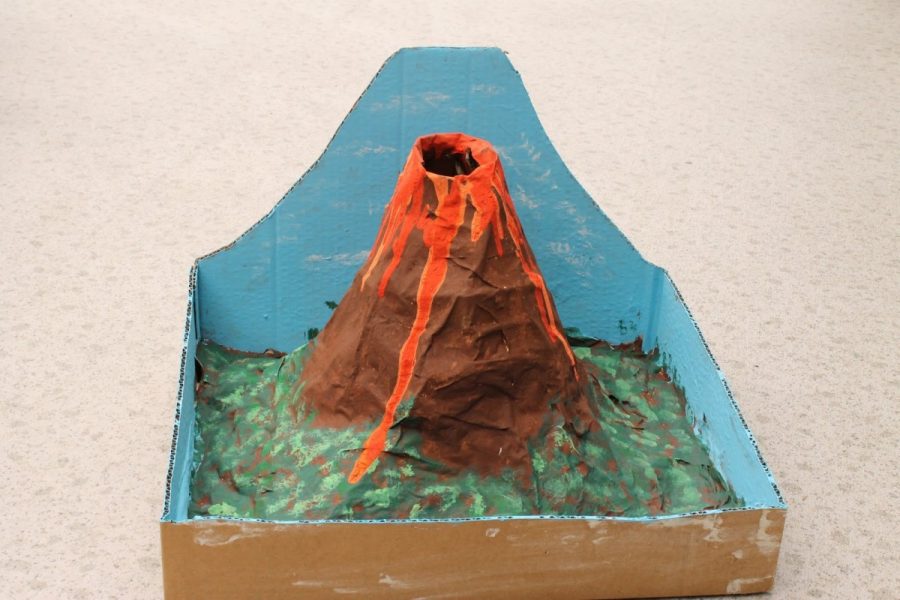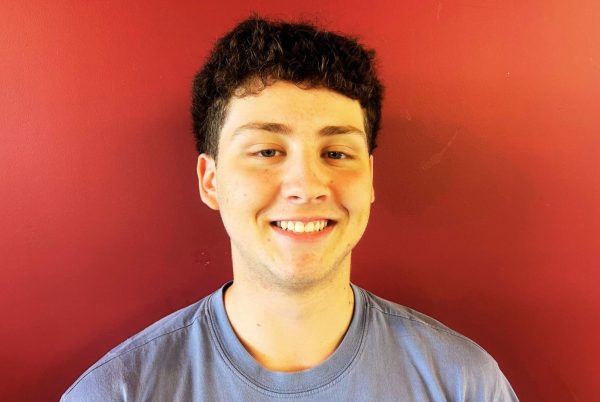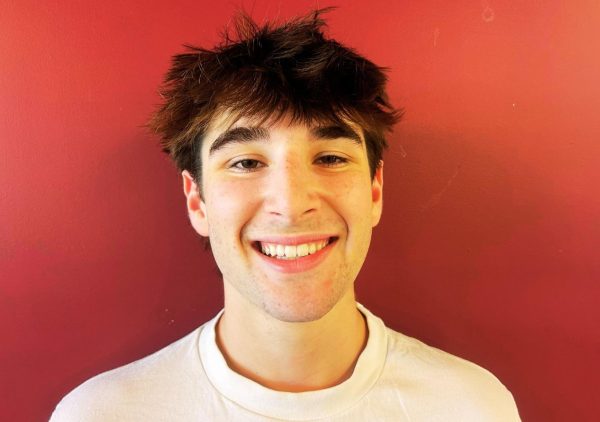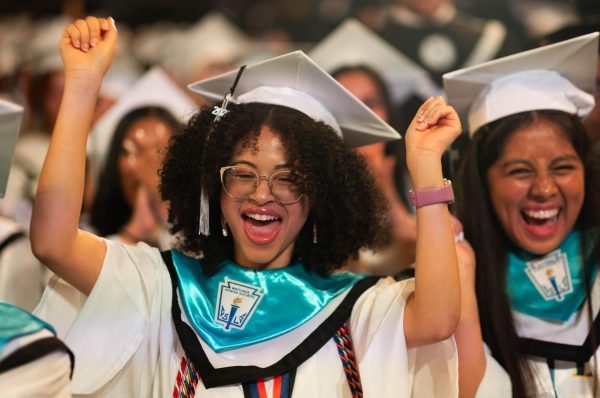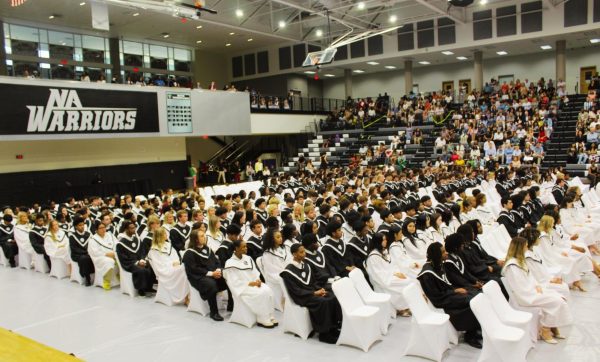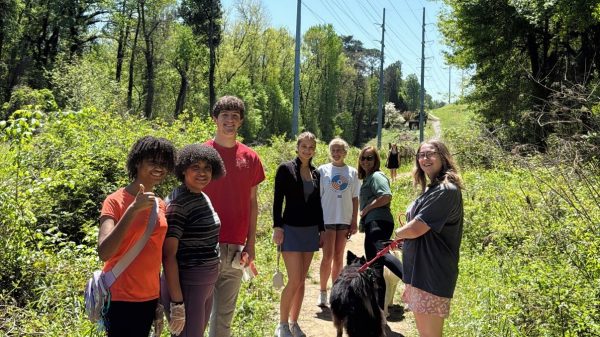Science Fair is No Fair
As fall arrives, three main things are on the mind of many lowerclassmen at North Atlanta: Halloween, pumpkin spice lattes, and the looming threat of science fair. To the lucky few that managed to avoid this troublesome thing, science fair is a two-month long massive project that involves doing an experiment of excruciating complexity. The project itself takes forever and can rightly be called a massive pain to people involved. However, that’s not my main issue. The science fair lacks one key component that could make it slightly tolerable, and that thing is choice.
What many people, specifically teachers, don’t realize is that technically the fair program has multiple different topics that are not often offered here, including a math fair and a social studies fair. The issue with not offering these other fairs is that it forces students who do not specifically enjoy or are proficient at science to perform a scientific experiment. This lack of investment that many students feel about science can lead to them doing the bare minimum, copying a project that’s already done before, or not enjoying the whole project development process with their own work.
These students who have been forced to grind out a science fair project could have potential to do something great in another field. Not everyone at school is focused on science and requiring students to do this is just a wasted opportunity. Imagine a hypothetical student that has a really great idea for the social studies fair that is innovative and could have potentially won him the award, but instead he is forced into making some sort of chiché model volcano. Plus, it fundamentally goes against the whole concept of an academic fair. You know, the whole notion that we tackle new ideas and throw ourselves into discovering new paths of knowledge
That’s why I’m proposing a new system. Instead of requiring all honors science students do a science fair, require students in the honors program to choose between the math, social studies and science fairs. The students should then be provided with the resources to accomplish this from the teacher that teaches the corresponding class and then be given a grade in that class. That way, students will not be forced into a topic and will have more breathing room when it comes to expressing their academic innovation.
A simple idea, one that will make fairs more, well, fair.


